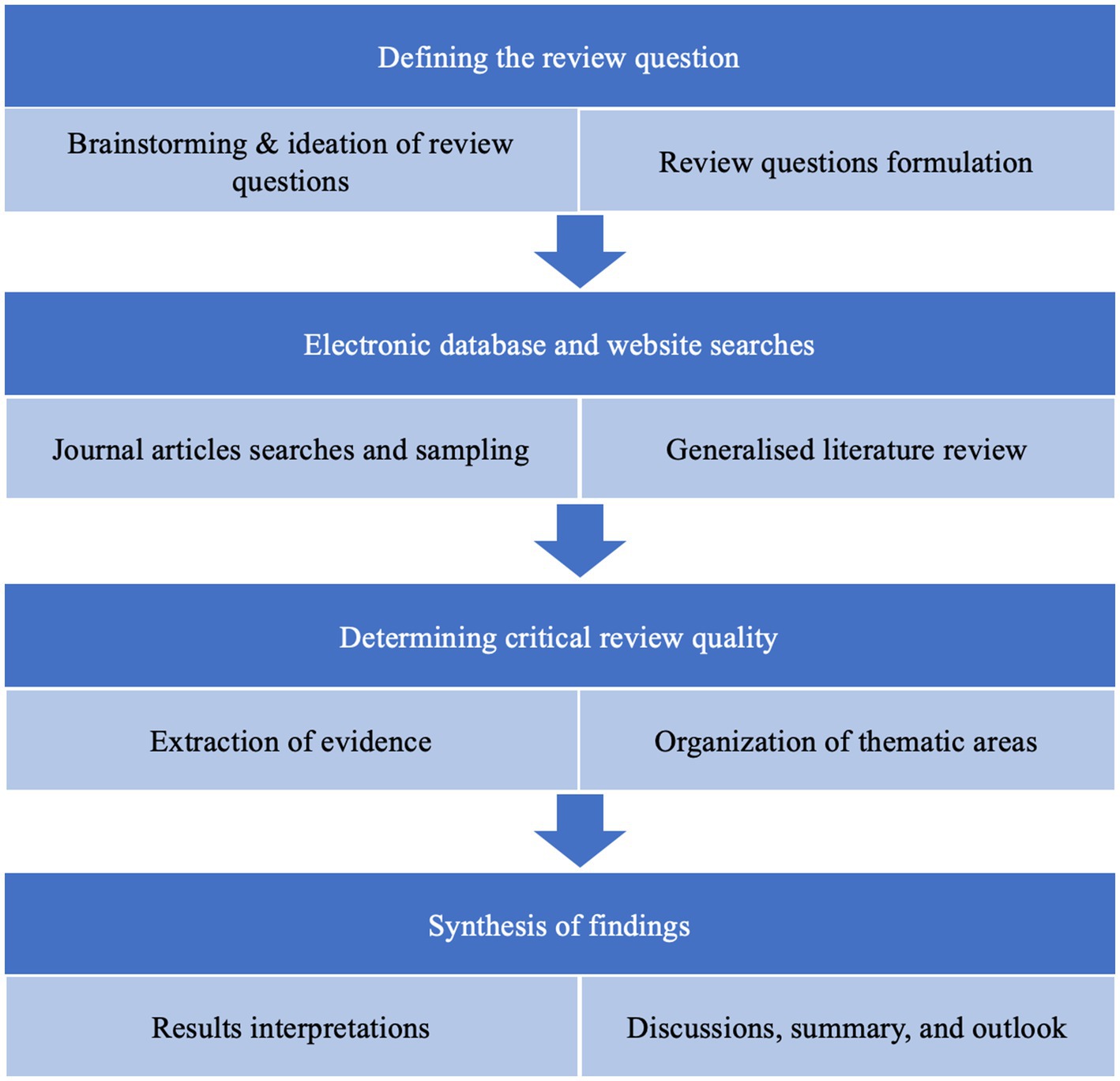
The Future of Climate and Sustainable Development Goals (SDGs)

One of the more robust reasons for hope about the future of the climate comes from two simple facts and a delightful kicker. The facts are that electricity is a wonderfully versatile way of powering all sorts of things, and that lots of technologies can now generate it without emitting greenhouse gases. The kicker is that one of these technologies, solar power, is both very cheap and getting cheaper.
Transitioning to an Emissions-Free Grid
To address the challenges of climate change and achieve the Sustainable Development Goals (SDGs), a simple strategy emerges. The first step is to make the grid emissions-free, and the second step is to maximize the use of electricity in various sectors. While there are obstacles to overcome, including restricted access to capital in poor countries, constrained grid capacity, and a lack of storage to offset fluctuating supply, these challenges are increasingly becoming the focus of policy and investment.
Investing in Sustainable Solutions
Last year, the world demonstrated its commitment to sustainable development by allocating more funds towards new stationary electricity-storage capacity than on constructing nuclear-power stations. This shift in investment highlights the growing recognition of the importance of renewable energy sources and energy storage solutions in achieving a greener future.
SDGs, Targets, and Indicators
| SDGs | Targets | Indicators |
|---|---|---|
| SDG 7: Affordable and Clean Energy | 7.2: Increase substantially the share of renewable energy in the global energy mix | No specific indicators mentioned in the article |
| SDG 9: Industry, Innovation, and Infrastructure | 9.4: Upgrade infrastructure and retrofit industries to make them sustainable, with increased resource-use efficiency and greater adoption of clean and environmentally sound technologies and industrial processes | No specific indicators mentioned in the article |
| SDG 13: Climate Action | 13.2: Integrate climate change measures into national policies, strategies, and planning | No specific indicators mentioned in the article |
1. Which SDGs are addressed or connected to the issues highlighted in the article?
The issues highlighted in the article are connected to SDG 7: Affordable and Clean Energy, SDG 9: Industry, Innovation, and Infrastructure, and SDG 13: Climate Action.
2. What specific targets under those SDGs can be identified based on the article’s content?
Based on the article’s content, the specific targets that can be identified are:
– Under SDG 7: Increase substantially the share of renewable energy in the global energy mix (target 7.2).
– Under SDG 9: Upgrade infrastructure and retrofit industries to make them sustainable, with increased resource-use efficiency and greater adoption of clean and environmentally sound technologies and industrial processes (target 9.4).
– Under SDG 13: Integrate climate change measures into national policies, strategies, and planning (target 13.2).
3. Are there any indicators mentioned or implied in the article that can be used to measure progress towards the identified targets?
No specific indicators are mentioned or implied in the article that can be used to measure progress towards the identified targets.
Note: The article does not provide specific indicators, but it highlights the importance of making the grid emissions-free and increasing investment in stationary electricity-storage capacity, which indirectly contributes to the targets mentioned above.
Copyright: Dive into this article, curated with care by SDG Investors Inc. Our advanced AI technology searches through vast amounts of data to spotlight how we are all moving forward with the Sustainable Development Goals. While we own the rights to this content, we invite you to share it to help spread knowledge and spark action on the SDGs.
Fuente: economist.com

Join us, as fellow seekers of change, on a transformative journey at https://sdgtalks.ai/welcome, where you can become a member and actively contribute to shaping a brighter future.






